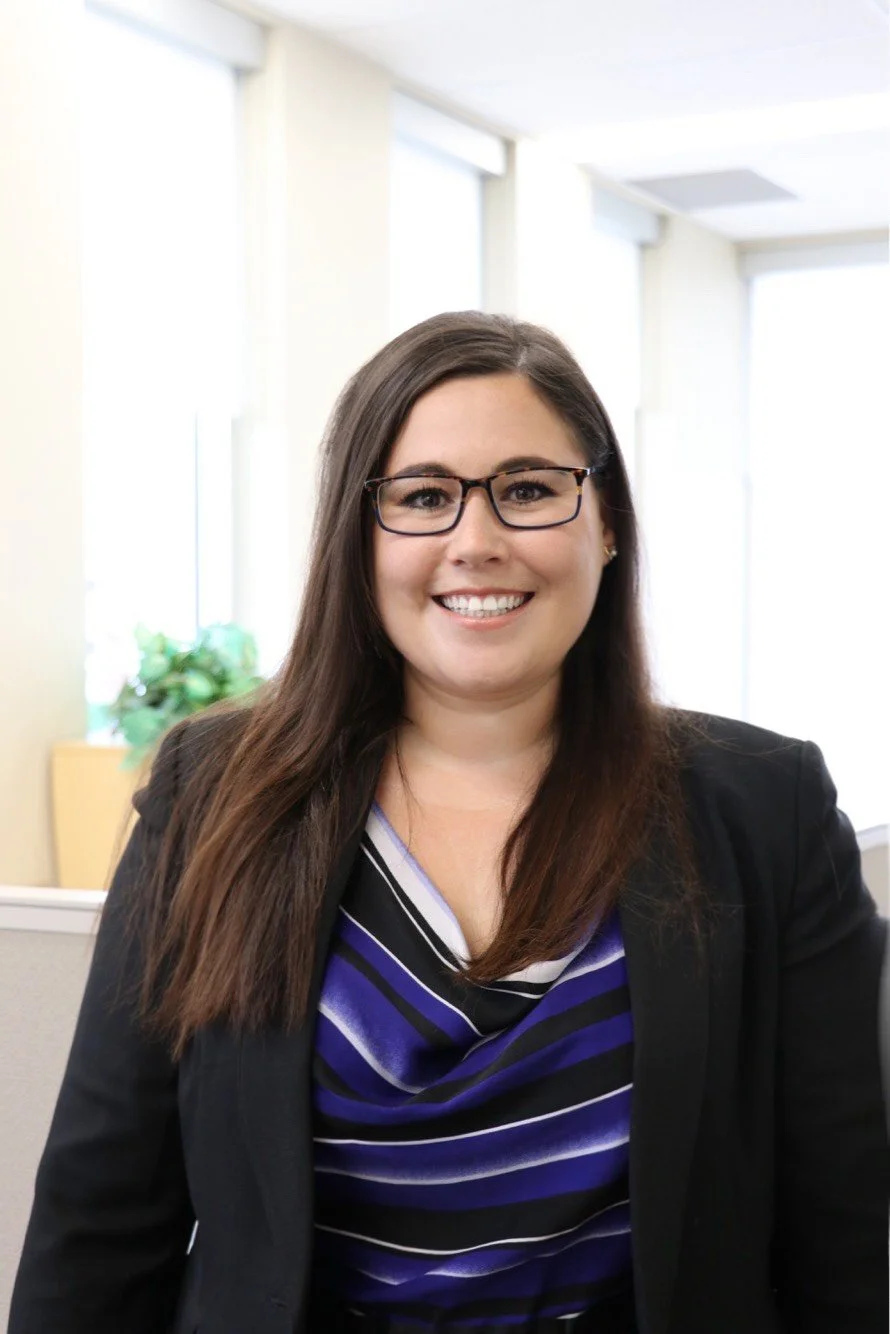Reflections on My Time as an Early Career Researcher with Dr. Lauren Kelly
Recently, Dr. Lauren Kelly shared some thoughts on Twitter (@PharmaLauren), reflecting on her first five years as a researcher. We reached out to see whether she’d be willing to share with our members and readers, thinking her words would resonate. In the spirit of the New Year, we asked her a few more questions about upcoming projects and resolutions. Read on to learn more!
As of September 14, 2022, I am five years into my role as an Assistant Professor, and I have some reflections on my time as an early career researcher, starting my research teams The Clinical Pharmacology Lab, Canadian Collaborative for Childhood Cannabinoid Therapeutics (C4T), and starting a family during this time.
Here, I will share my thoughts, in mostly no particular order:
Rejection will get easier and honestly, sometimes even be inspiring. Other times it will sting and feel unfair as important research sits unfunded and questions unanswered. Remember that this feeling is because you care about what you are doing. Negative reviews reflect your application only, not your abilities.
Build an online presence; there are a lot of smart people out there.
Administration is slow to change; take a nap, but don’t give up.
Protect your trainees and prepare them for challenges in academia (remember when no one trained us on how to manage projects or people?).
My partner remains my biggest supporter, so try not to fall in love with someone who doesn’t believe in you.
There will be times when you don’t think you can do this job.
Practice listening.
Find your passion. You’re going to need to sell the importance of your question to receive funding to do the work. If you don’t truly believe what you are doing is important, you are smart and capable of shifting the focus of your skills into something that brings you joy.
The flexibility of academia is still met with not enough hours in the day to do it all.
Celebrating small wins like submitting grants/papers, babies, birthdays, etc. has helped build a strong team.
Start an annual lab tradition (we do mini-golf and a picnic).
There is too much paperwork. Hire an administrator (even at 0.2 FTE or negotiate one into your contract) to keep track of your promotion items, update your CV, help manage your schedule, collect grant information, etc.
Surround yourself with as many colleagues who share your values that you can find, because change happens with community.
And MOST IMPORTANTLY:
Treat your trainees like your future colleagues – because they ARE!
Prioritize time with your family and doing things that bring joy outside science.
What do you see as your biggest accomplishment of the last five years?
I know its cliché to say my children, but it’s true. I now have a 2- and 4-year-old who are growing quickly into curious and caring little human beings. Despite all of the sick days and extra challenges of parenting during a pandemic, I could not be prouder of them. In terms of my career, the community we have built at C4T is truly remarkable. We have not only published nine papers but have grown to include 13 site leaders and 107 members including parents and youth. The relationships we have built and the stories we have shared over the last five years have shaped the mission and success of C4T. This group of humans continue to inspire me and at least 20 show up every month to contribute to our program meetings.
What are you most excited about in the coming year?
There are some very exciting announcements early next year, which will increase training opportunities for pregnancy and pediatric clinical trials in Canada. This is a really big and long overdue investment in training and mentorship to increase the number and quality of clinical trials being done to investigate safe and effective therapies in children and during pregnancy.
How do you hope to see your research program develop in the next five years?
I hope to focus more on specific training in clinical trials. This is a capacity gap for the Canadian workforce, particularly amongst researchers who want to work with pregnant people and children. These populations are therapeutic orphans (without approved medicines for their populations), and clinical questions are often left unanswered with evidence and off-label medicines. I also hope for more international collaborations, as we are embarking now on our first prospective meta-analysis.
What is your research resolution for the coming year?
I have a really large methods review that has taken several years and keeps taking a back burner to more urgent clinical projects. I really want to focus on finishing some of these older projects.
What are some of the projects that the trainees in your lab are working on?
There are lots of great projects going on in our lab! You can find out our trainees online at www.clinpharmlab.ca.
What is something that brings you joy outside science?
Getting outside. While this gets increasingly harder to do in the Winnipeg winter, nothing beats time spent in the fresh air and sunshine with my family. Most of our team work flexible hours and remotely so getting together in person is important to me. There is joy in spending time together outside the lab and outdoors when possible.
Published January 1, 2023
About the Author
Dr. Lauren Kelly (PhD, MSc, BMed Sci, CCRP) is a Pharmacologist studying drug safety in pregnancy and childhood. Her current research program focuses on evaluating the impacts of opioids used during pregnancy, neonatal opioid withdrawal, cannabis used for medical purposes in children and medication use during lactation. She is an Assistant Professor in the Department of Pharmacology and Therapeutics and the Clinical Trials Director at CHRIM.

